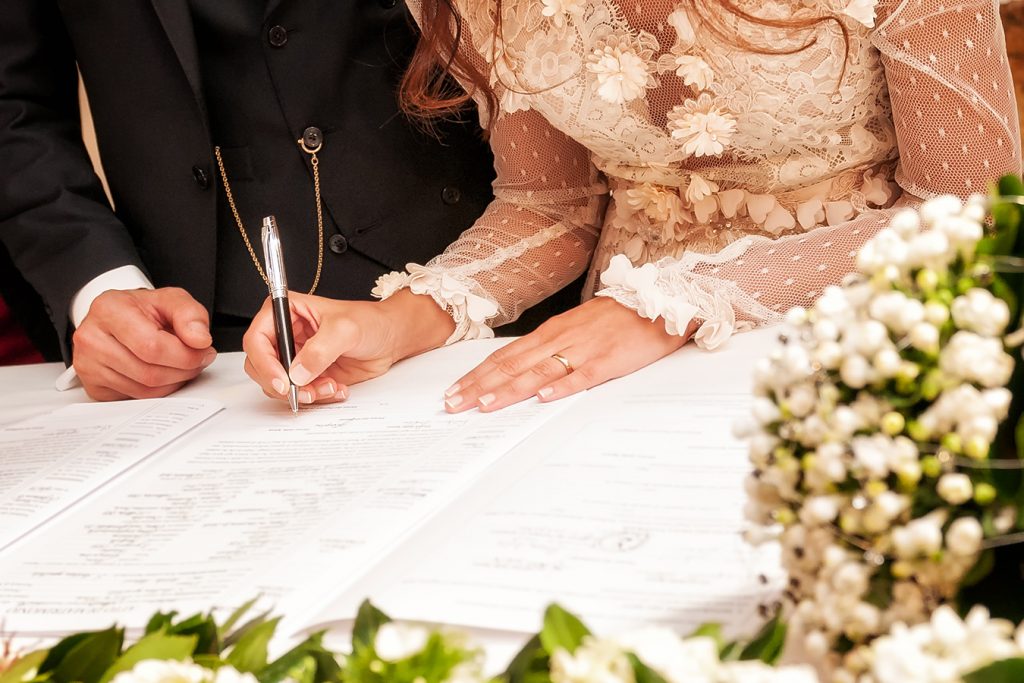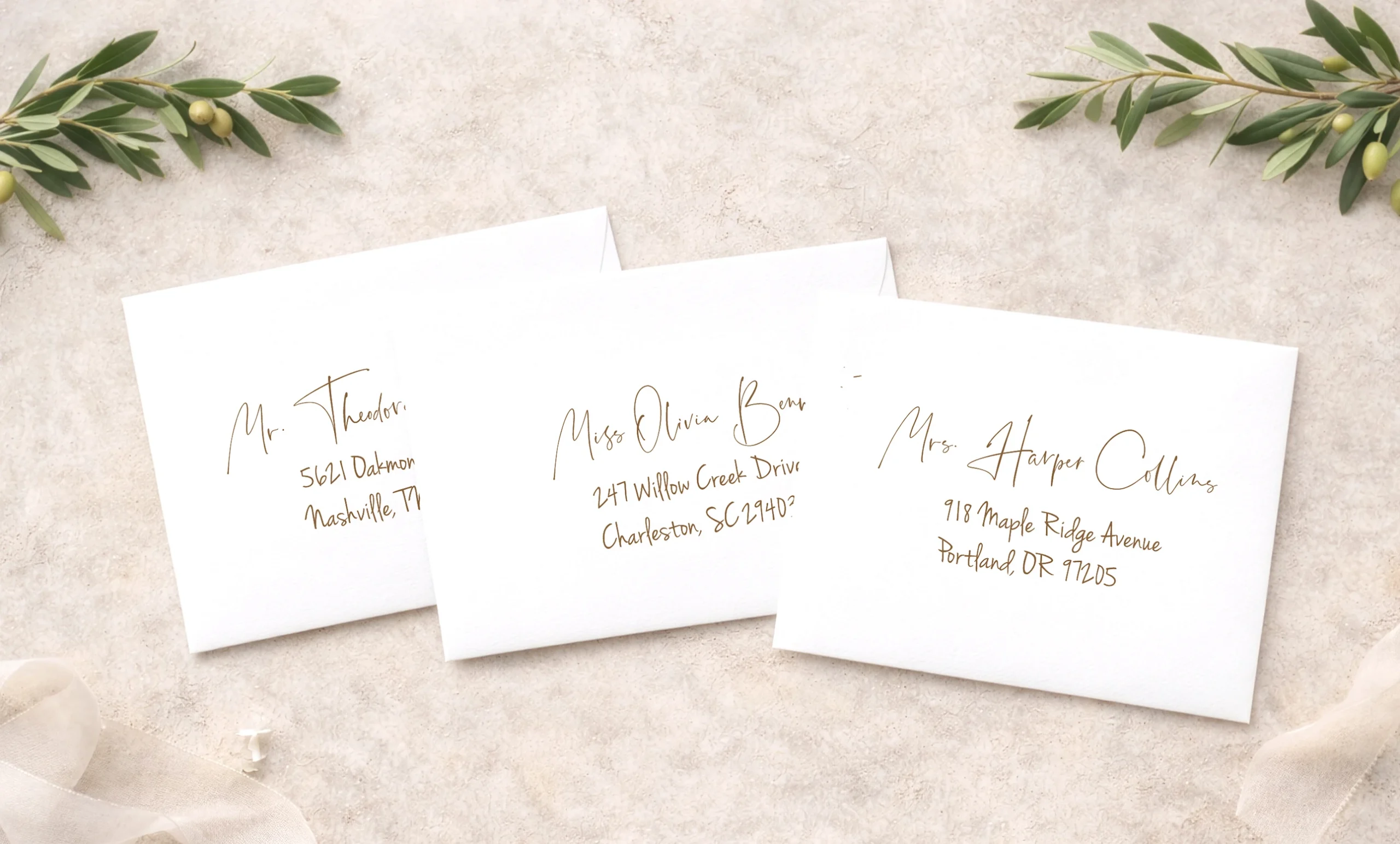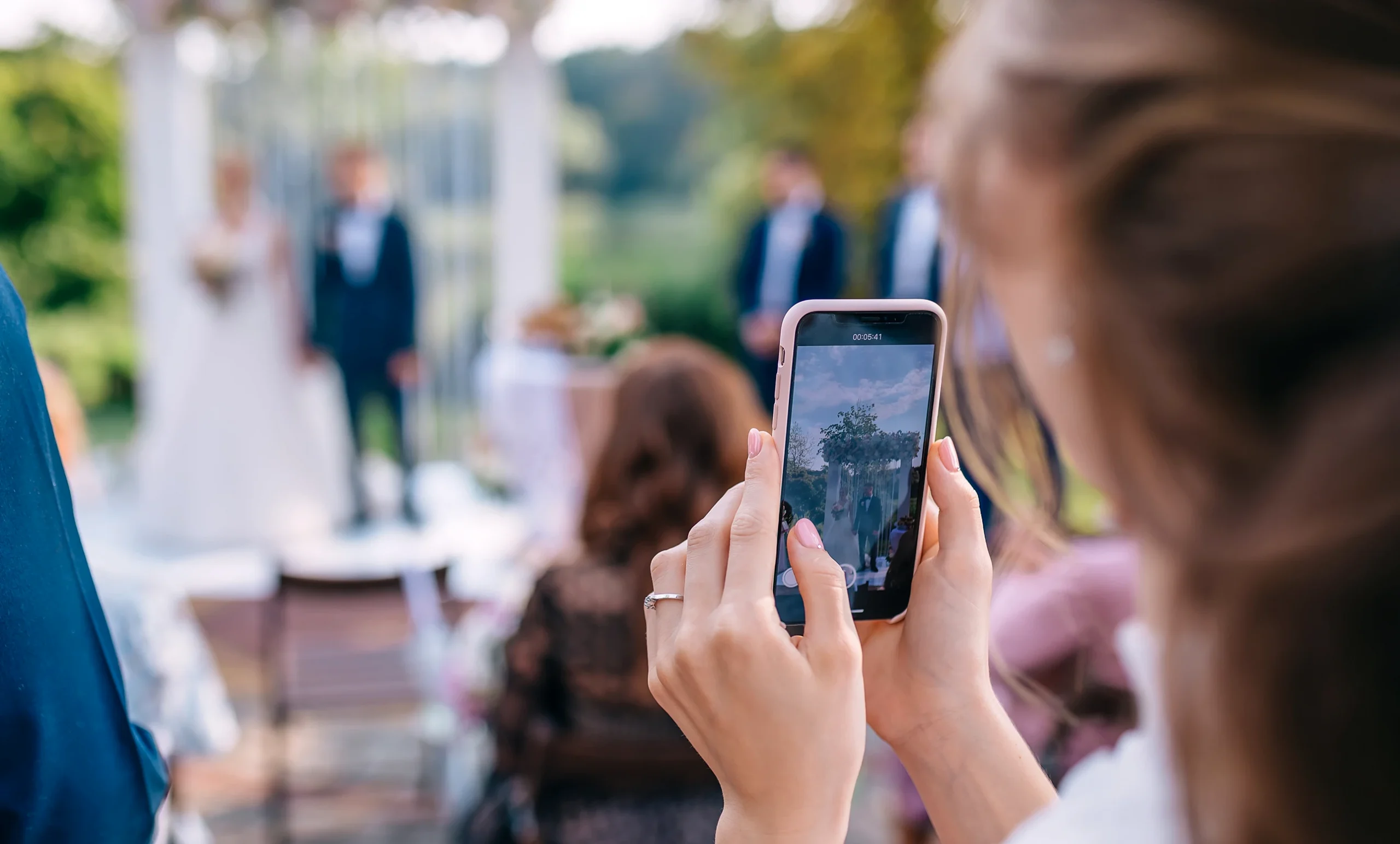Planning an interfaith wedding ceremony might seem like a daunting task on top of all the other decisions you’ll make while planning your big day. The truth is, it’s an amazing opportunity for you to celebrate both you and your families in a loving and respectful way. Try to look at your interfaith ceremony as a way to introduce your families and friends to different religious backgrounds while forging the path for you and your fiancé to form your own family traditions.
As you embark on this adventure, there are some things to consider so you can honor each other and create a meaningful experience for your attendees.
Work Together
The most crucial step to take when planning the perfect mixed faith ceremony is to talk to your significant other. Discuss what religious wedding traditions are most important to you, and decide which ones you feel strongly about including on your special day. From there, you and your partner can decide how you want to incorporate the traditions. You can also choose to create new approaches to your traditional wedding customs by combining your personal favorites. Choose to have fun with it!
Choose an Officiant
Selecting an officiant who understands different religious traditions is probably the second most important step you can take when planning an interfaith wedding ceremony. An officiant who is well-versed in your and your fiancé’s religions can support you in determining what to include, how to include it, and how to explain it to your families and attendees.

Talk to Your Family
As a couple, you might come to appreciate that it’s your family that is most concerned with how you’re going to pull off a wedding they will approve. Take the time to have a respectful conversation with each of your families to help them understand and appreciate your religious backgrounds, differences, and similarities.
Educate Your Guests
You can give your guests a heads-up as to the type of ceremony they’ll be attending by including a brief description on your wedding invitations. To avoid confusion among guests during the ceremony, you can include an explanation of religious traditions in your wedding program. You might also choose to have your wedding officiate share with your attendees the relevance and history of certain religious traditions during the ceremony.
Honor Each Religion in a Timely Manner
For the sake of time, many couples identify traditions that are significant, yet don’t require a ton of time. For example, many religions incorporate some type of reading during a wedding ceremony. A Christian-Jewish wedding might include a brief Christian Bible reading, such as 1 Corinthians 13:4-8 or Peter 4:8, and the reading of the Jewish Ketubah, an agreement that’s traditionally signed by the couple prior to a Jewish wedding. A Jewish-Catholic wedding could incorporate breaking of the glass (Jewish tradition) or communion (Catholic tradition), focused on just the couple. These are just a few examples of how couples find ways to celebrate each other’s religions during their wedding.
Focus on What Matters Most
Virtually every religion has a common root–love. Isn’t that why you’re getting married in the first place? Focus on love and a dose of compassion when you’re deciding what religious traditions to include in your ceremony.
Have fun as you plan your interfaith ceremony. It’s your day, and it’s essential that you and your fiancé feel honored and loved by the choices you make together.

From Weddings to Tech, our Zazzle Contributors are experts on a wide variety of topics and information. We hope their advice and ideas will help you be inspired!




